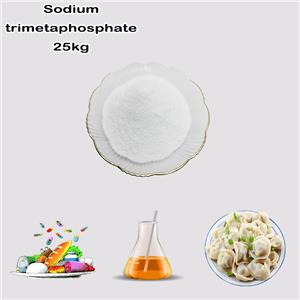
Product Details
| Product Name: Sodium trimetaphosphate | CAS No.: 7785-84-4 |
| EC-No.: 232-088-3 | Min. Order: 1kg |
| Purity: 99.2% | Supply Ability: 1000kg |
| Release date: 2025/10/24 |
Sodium Trimetaphosphate (STMP) is an inorganic compound with the chemical formula (NaPO₃)₃. It is classified as a polyphosphate, meaning it is composed of multiple phosphate (PO₄) units linked together in a specific cyclic (ring) structure. This distinct structure is the key to its unique chemical properties and functionality.
It is often confused with other sodium phosphates like Sodium Tripolyphosphate (STPP), which has a linear chain structure (Na₅P₃O₁₀). STMP's cyclic, closed-ring configuration makes it less common but highly effective for specific applications.
Key Properties and Characteristics
Physical Form: It typically appears as a white, crystalline powder or in granular form.
Solubility: It is readily soluble in water.
Chemical Structure: Its six-membered ring structure of alternating phosphorus and oxygen atoms is highly stable. This ring must be hydrolyzed (broken open with water) before it can participate in many chemical reactions, which can be a controlled process.
Functionality: STMP is highly reactive with certain organic compounds, particularly those with hydroxyl (-OH) groups (like starch and proteins), through a process called cross-linking.
Production
Sodium Trimetaphosphate is produced industrially by the thermal dehydration and condensation of monosodium phosphate (NaH₂PO₄). The process involves carefully controlled heating to form the cyclic trimetaphosphate structure.
Primary Applications and Uses
1. Food Industry (Additive E452i):
This is one of its most significant applications. STMP is used as a food additive for its ability to modify proteins and starches.
Starch Modification: It is used to cross-link starch molecules. This cross-linking strengthens the starch granule, making it more resistant to heat, acid, and shear. This is crucial in foods that require processing (like canning, freezing, or mechanical pumping). It results in:
Improved texture and stability in sauces, puddings, and pie fillings (preventing them from becoming thin or watery).
Reduced gelatinization and swelling of starches in pastas and noodles, preventing them from becoming sticky or mushy when cooked.
Protein Modification: In processed meat and seafood products (e.g., sausages, fish fillets), it helps improve water retention and texture, leading to increased yield and a juicier, more tender product.
Emulsification Aid: It helps stabilize oil-in-water emulsions in certain products.
2. Dentistry:
This is a highly specialized and important use for STMP.
Anti-Calculus Agent: STMP is a key ingredient in some toothpastes and mouthwashes. Its function is to inhibit the formation of dental calculus (tartar). Calculus is hardened plaque that can only be removed by a dental professional.
Mechanism: It works by sequestering calcium ions (Ca²⁺) in saliva. These ions are necessary for the precipitation and crystallization of plaque into hard tartar on teeth. By binding to them, STMP prevents this crystallization process, keeping plaque in a soft state that can be removed by regular brushing.
3. Industrial and Water Treatment:
Water Softening: Like other phosphates, STMP can sequester (bind) metal ions like calcium and magnesium that cause water hardness. This prevents scale formation in boilers and industrial equipment.
Detergents: It can be used as a builder in detergents to enhance cleaning efficiency by softening water and suspending soil particles.
Textile and Paper Processing: Used as a dispersing agent and to modify the properties of starches applied to fabrics and papers.
4. Other Uses:
Fire Retardancy: It can be used as a component in fire-retardant compositions for materials like textiles and paper.
Chemical Intermediate: Serves as a starting material for the synthesis of other phosphate compounds.
Safety and Regulation
Regulatory Status: In the food industry, STMP (E452i) is "Generally Recognized As Safe" (GRAS) by the U.S. FDA and approved for use by other bodies like the European Food Safety Authority (EFSA). However, its use is permitted only within specific maximum usage levels due to general concerns about high phosphate intake in the diet.
Safety Profile: It is considered safe for use in toothpaste and oral care products. As with all phosphates, excessive consumption can be a concern for individuals with kidney disease, but its use in food is well below harmful levels for the general population.
Summary
In essence, Sodium Trimetaphosphate (STMP) is a cyclic polyphosphate valued for its ability to cross-link starch and sequester metal ions. Its primary roles are:
In Food: A texturizer and stabilizer that improves the heat and shear tolerance of starches and the water retention of proteins.
In Dentistry: An effective anti-tartar agent that prevents the hardening of plaque on teeth.
In Industry: A water softener and dispersing agent that prevents scale and improves cleaning.

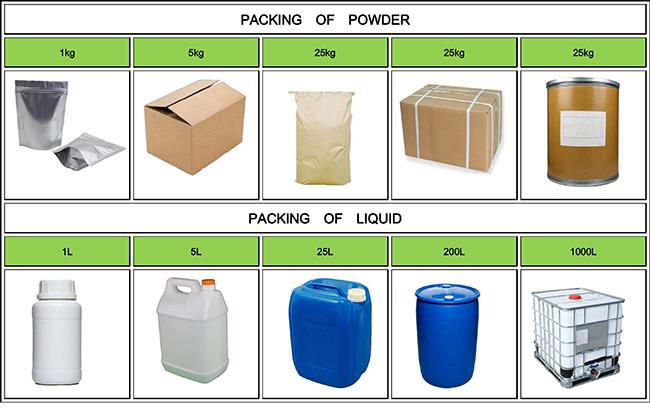
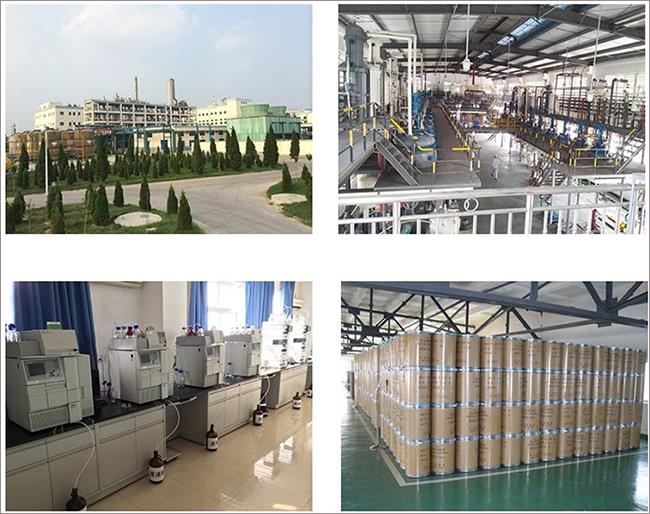
Company Profile Introduction
You may like
Recommended supplier
| Product name | Price | Suppliers | Update time | |
|---|---|---|---|---|
| $0.00/25KG |
VIP6Y
|
Sichuan Zhuoyu Yantang Technology Co., Ltd.
|
2025-09-11 | |
| $10.00/25kg |
VIP7Y
|
Hebei Chuanghai Biotechnology Co., Ltd
|
2024-10-30 | |
| $0.00/1kg |
VIP2Y
|
Watson Biotechnology Co.,Ltd
|
2024-09-09 | |
| $950.00/3ton |
VIP2Y
|
Aurora Industry Co., Ltd.
|
2024-09-06 | |
| $70.00/1kg |
Hebei Zhuanglai Chemical Trading Co.,Ltd
|
2024-05-31 | ||
| $0.00/1kg |
VIP2Y
|
Shaanxi TNJONE Pharmaceutical Co., Ltd
|
2024-03-25 | |
| $98.00/1Kg/Bag |
Wuhan Dujiang Industrial Co., Ltd.
|
2021-12-08 | ||
| $15.00/1KG |
Zhuozhou Wenxi import and Export Co., Ltd
|
2021-07-10 | ||
| $1.00/1kg |
VIP8Y
|
Career Henan Chemical Co
|
2018-12-18 | |
| $70.00/1kg |
Hebei Zhuanglai Chemical Trading Co.,Ltd
|
2024-05-30 |
- Since: 2006-04-03
- Address: Room 2015, No.2 Building Kaixin Mansion, No.107 Jinqiao Ave, Wuhan, China
+8613986145403
info@fortunachem.com







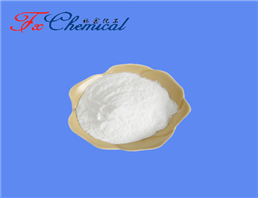
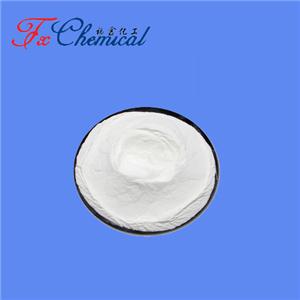


 China
China